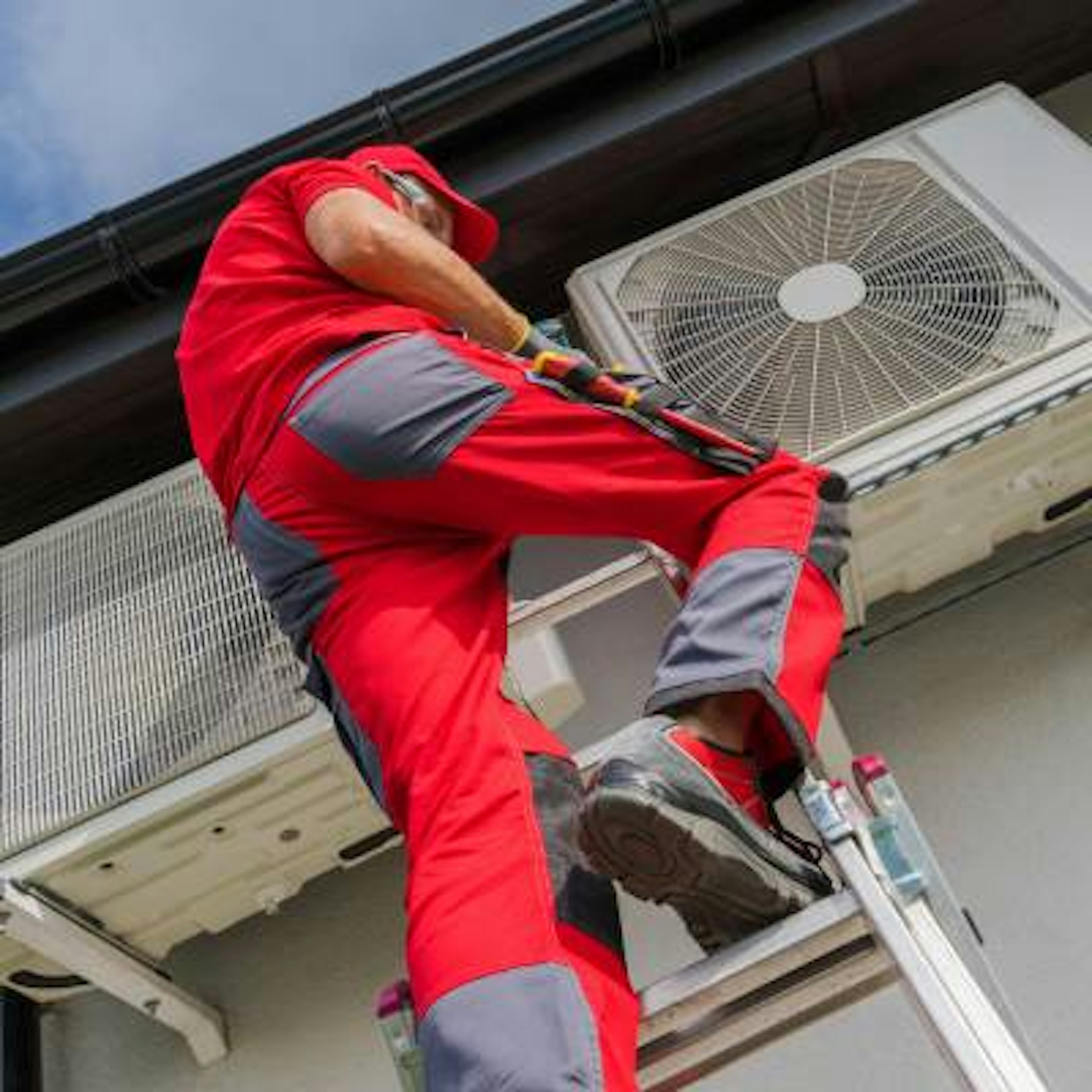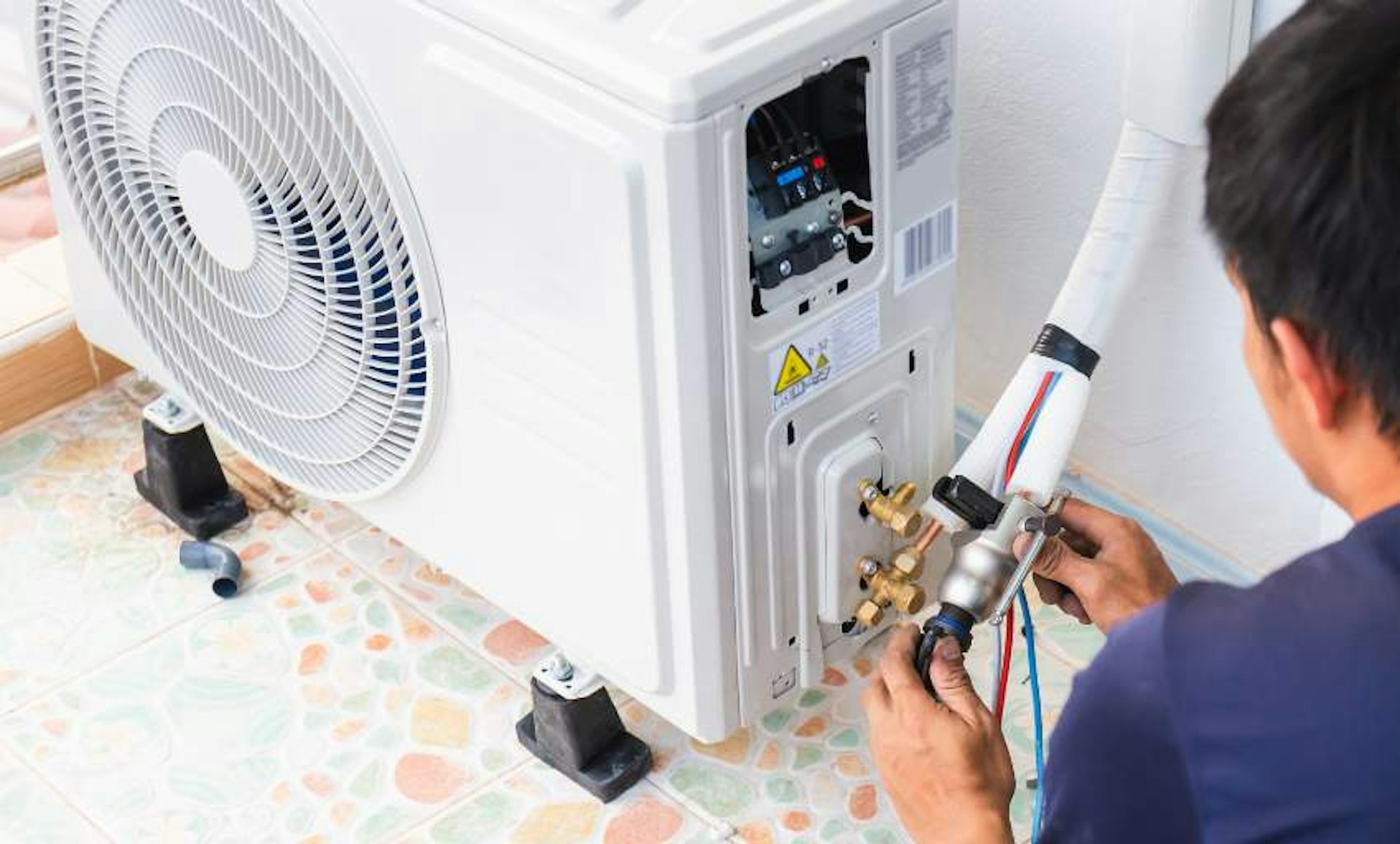
AC Replacement
- Home/
- AC Replacement
Our Service

Need help? contact our experts
(407) 859-1940Max came out on his day off to charge the ac system. He spotted the source of a slow leak right away, a leaking suction side refill schrader valve. After replacing the valve, he pressed up the evap coil side with nitrogen and soap bubble tested to ensure no other leaks, he then pulled a vacuum on the system to remove all moisture and recharged with refrigerant to OEM factory specs. Got me back in the Cool Zone! Very nice and knowledgeable, professional technician. Great service from a great company!
Tim McElwee
CoolZone AC Customer

Professional Residential Air Conditioner Replacement in Orlando, FL and Surrounding Areas
At Cool Zone AC, we offer complete AC replacements for homeowners in Orlando, FL and the surrounding areas. Our team of experienced technicians is dedicated to providing you with the best possible service, ensuring your home is comfortable and cool all year round. We understand that replacing your air conditioning system is a significant investment, and we are committed to helping you make the right choice for your home. Our team will work with you to find the best solution for your needs, ensuring you get the most efficient and cost-effective system for your home.
We work with some of the best companies that supply quality air conditioners and have been doing so for many years. We are proud to be a certified dealer for these companies, and we are confident in the quality of their products. Amongst these companies are Daikin Air Conditioners and Goodman Air Conditioners.
How long should an air conditioner last?
The lifespan of an air conditioning unit or heat pump is influenced by several factors, including its usage rate, maintenance quality, and environmental conditions. Generally, manufacturers suggest that these units can last between 8 to 10 years or more, depending on these variables. Here's a closer look at each influencing factor:
Usage: How frequently and intensely an air conditioning unit or heat pump is used will significantly impact its lifespan. In areas with mild climates where the unit is only used seasonally, it may last longer than in regions where the unit must operate almost year-round due to extreme temperatures.
Maintenance: Regular maintenance is crucial for maximizing the lifespan of any HVAC equipment. This includes annual inspections by professionals to ensure the system operates efficiently, changing filters regularly, and promptly addressing any issues. Proper maintenance can prevent minor problems from becoming major, costly repairs and can extend the unit's operational life.
Cleaning: The cleanliness of the unit also affects its longevity. Ensuring that the coils, filters, and surrounding areas are clean prevents the system from working harder than necessary, which can lead to premature wear and tear.
Environment: The surrounding environment plays a significant role in the lifespan of air conditioning units and heat pumps. Units in harsher environments, such as those exposed to salty air near the ocean, may experience more rapid corrosion and wear. Waterfront homes, for example, might see their HVAC equipment last slightly less than the average due to the corrosive effects of saltwater and increased humidity.
Quality and Installation: The initial quality of the unit and the quality of the installation process are also important. Higher quality units that are installed correctly by a professional are likely to last longer than cheaper models or those installed improperly.
Should I Repair Or Replace My Air Conditioning System
Sometimes we get attached to those appliances and other machines that we have had for years and have served us so well. It's worked great for 20 years. Can we get it fixed and get another 20 years out of it? We hear this a lot on our service calls. Sometimes it can be just a simple and inexpensive repair, but then other times, it can run into frequent repairs and breakdowns that can prove costly, and in those cases, it may be best to replace the unit. The lifespan for most units is around 10 to 15 years.
However, the good news is if you do need to replace your air conditioning system, the newer units are considerably more energy-efficient and, therefore, more cost-effective. The advances in technology have made the systems more efficient, which reduces the amount of power intake they require and makes them much more cost-effective in the long term.
Warning Signs that Your AC Systems will Need Repair
If your air conditioner starts showing any of the following signs, it might be time to consider repairs
Poor Airflow
If the air flowing through your vents seems weak or insufficient, it could indicate a blockage in your ductwork or an issue with the fan.
Unusual Noises
Air conditioners should run relatively quietly. Squealing, grinding, or rattling sounds can indicate a problem inside the unit, such as a loose component or a failing motor.
Warm Air
If your air conditioner is blowing warm air, check to make sure it’s set to cooling mode and the thermostat is set correctly. If these settings are correct, it could be an issue with the compressor or restricted airflow.
Frequent Cycles
If your air conditioner is blowing warm air, check to make sure it’s set to cooling mode and the thermostat is set correctly. If these settings are correct, it could be an issue with the compressor or restricted airflow.
High Humidity
Part of an air conditioner’s job is to pull humidity from the air inside your home. If you notice a sticky feeling to the air, or more moisture than usual, your system may need repair.
Water Leaks
Air conditioners produce condensation as they operate, but water should not accumulate or leak into your home. Visible leaks or pooling water around your AC unit can indicate a problem.
Bad Odors
If you notice unpleasant odors when your air conditioner is running, there could be mold inside your unit or ductwork, or the wire insulation has burned out.
Increased Energy Bills
An unexpected increase in your energy bills can suggest your air conditioner is working harder than it should, often due to an underlying issue that's making it inefficient.
If you notice any of these signs, it's a good idea to get your air conditioner checked by a professional to prevent further damage or a potential breakdown. Regular maintenance can also help identify and fix small issues before they turn into bigger, more costly repairs.
Call 407-859-1940 or contact us online to schedule air conditioning repair in Orlando and surrounding cities.

Need help? contact our experts
(407) 859-1940Max came out on his day off to charge the ac system. He spotted the source of a slow leak right away, a leaking suction side refill schrader valve. After replacing the valve, he pressed up the evap coil side with nitrogen and soap bubble tested to ensure no other leaks, he then pulled a vacuum on the system to remove all moisture and recharged with refrigerant to OEM factory specs. Got me back in the Cool Zone! Very nice and knowledgeable, professional technician. Great service from a great company!
Tim McElwee
CoolZone AC Customer

